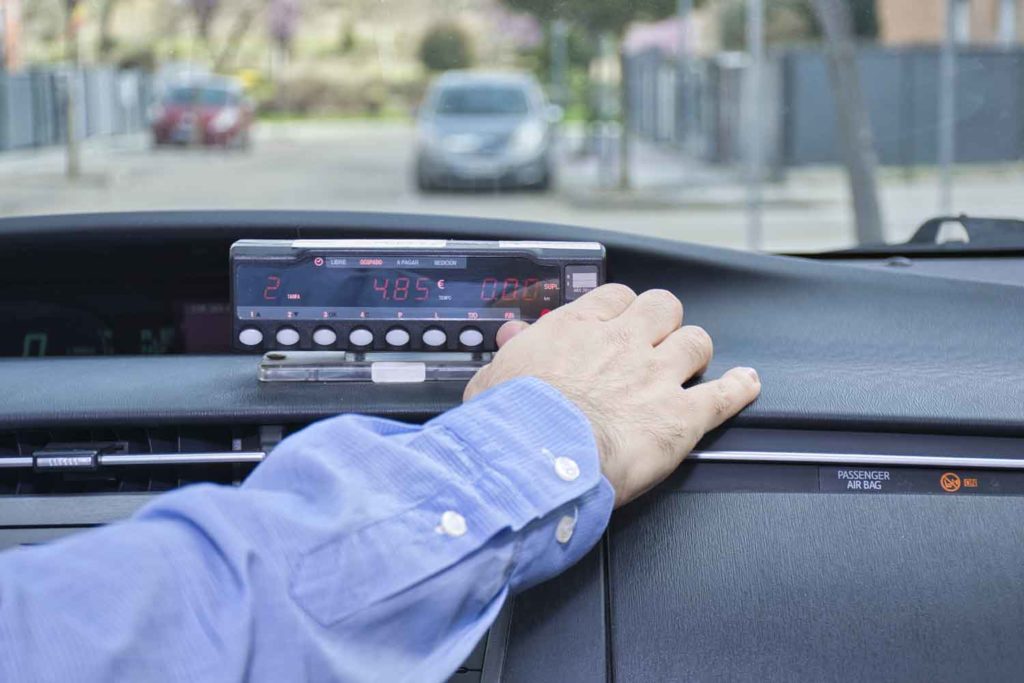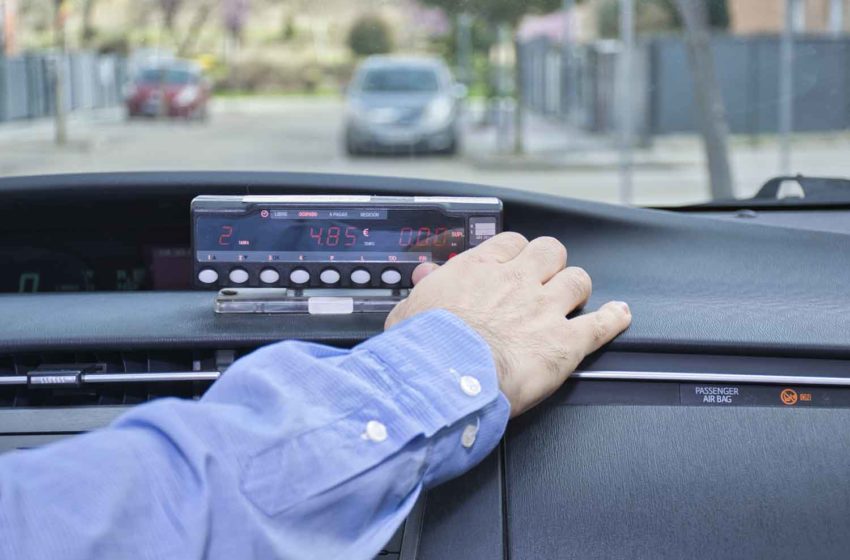
Taxpayers targeted by hikes in “sin taxes,” such as those imposed on cigarettes may be more likely to defraud other individuals in unrelated transactions, according to a recent study published by SSRN.
The researchers propose two reasons why affected taxpayers might commit more fraud following a sin tax hike. First, tax increases can reduce the buying power of targeted taxpayers. This reduction in purchasing power could increase the value of additional income to affected taxpayers and, accordingly, their incentive to commit fraud.
Second, being treated unfairly makes cheating behavior easier to rationalize, even when the potential victims of fraud are not responsible for the taxpayer’s unfair treatment. Surveys consistently report that affected taxpayers view sin tax hikes as unfair, which suggests that they may find it easier to rationalize defrauding others in the aftermath of sin tax hikes.
The researchers tested the relation between sin tax increases and fraud using data from New York City tax rides. They found that taxi drivers who both smoke and had low earnings in the recent past are even more likely to increase their level of fraud following the tax hike. Given the modest earnings of most taxi drivers, they likely notice their increased costs from a cigarette tax hike. The pain from the tax increase is probably felt even more keenly by taxi drivers with low earnings in the recent past. As a result, these drivers commit more fraud.
According to the researchers the findings suggest that some types of tax hikes can have negative fallout that stretches beyond the taxpayer in person.











